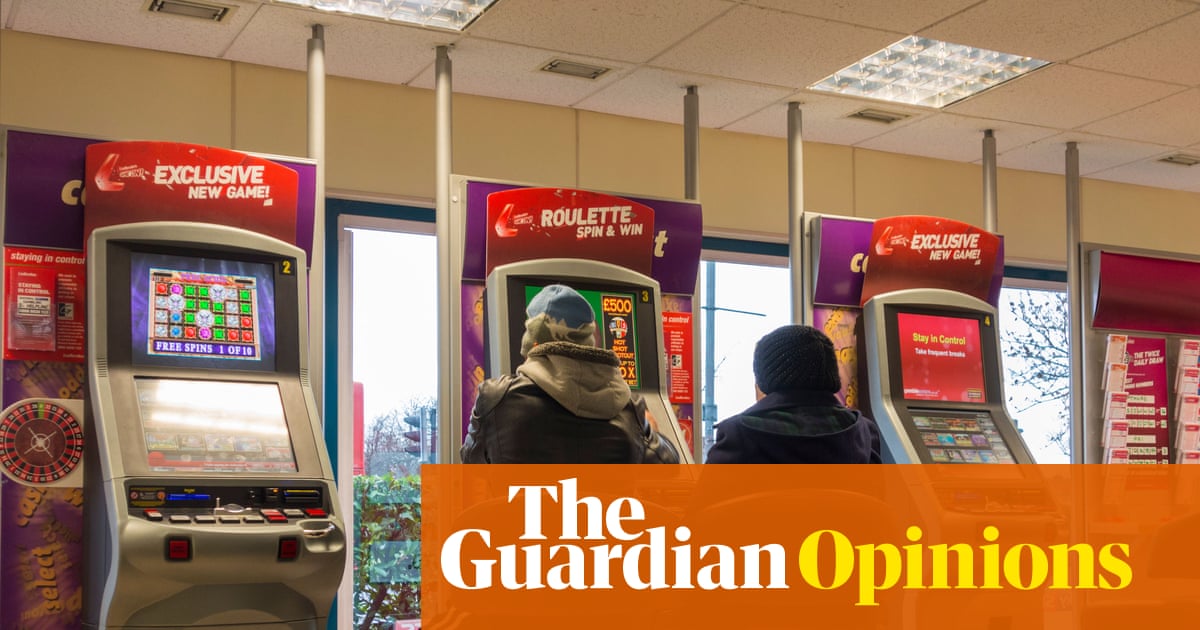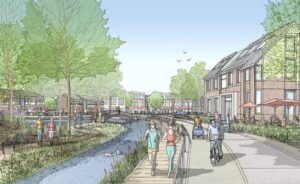
No one should be surprised that the highly profitable UK gambling industry is intensifying its lobbying efforts, with a view to avoiding both higher taxation and stricter regulation of its activities, including advertising. Establishing a presence, and a voice, in parliament is what the leaders of growing business sectors do, and have done at least since the 18th century, when the brewing interest began to shift from a loose grouping of MPs with family links to breweries, into a national campaign.
In the five years since Michael Dugher, a former Labour MP and shadow culture secretary, became chief executive of the Betting and Gaming Council, the £11.5bn-a-year industry has seen off a Tory white paper that threatened to curb its advertising, and resisted pressure for the higher taxation that many expected last year. Now, with Rachel Reeves reviewing gambling taxes in advance of the autumn budget, and amid growing calls for ministers to be more active in addressing gambling harms, including addiction, the organisation and its supporters are making fresh efforts to influence MPs in their favour.
This week, Gordon Brown threw his weight behind demands for higher taxes to be levied on an “undertaxed” sector, and for the money to be used to meet the roughly £3bn cost of ditching rules that restrict some benefits to a family’s first two children. This is the case also made by the Institute for Public Policy Research (IPPR) thinktank, and both it and the former prime minister are right to stress the urgency of child poverty-reducing measures. The linkage between highly profitable gambling businesses, some of which are based offshore, and grim levels of deprivation, is powerful in part because high street gambling premises, including adult gaming centres packed with slot machines, are concentrated in poor areas.
But calls for change are not confined to the political left. The cross-party, pro-market Social Market Foundation also thinks the industry should make a bigger contribution. Like the IPPR, it pinpoints the remote gaming duty levied on online casinos, with an identical recommendation that this should jump from 21% to 50%. Currently, this tax accounts for £1.2bn of the £3.6bn in gambling duties overall (including the national lottery), and the thinktanks are right that targeting this form of gambling would be far more beneficial than the harmonisation of rates that has also been discussed.
Just as alcohol, spirits and beer are taxed differently, sports betting and gambling should continue to be recognised as distinct activities. Simplifying the tax system, which is a motive for harmonisation, cannot be regarded as the most important thing, when gambling affects so many lives in troubling ways.
Taxes aside, the campaign being led by Labour’s Andy Burnham in Manchester, and Dawn Butler in London, for councils to have more say over the opening of new gambling premises, is overdue but no less welcome for that. Ministers should change the law so that local politicians have more power over planning in this highly sensitive area.
Used as they are to betting shops on high streets, and football shirts emblazoned with gambling sponsors’ logos, many voters are probably unaware that regulation in the UK is strikingly lax, compared with other countries. That is all the more reason for politicians to turn down lobbyists’ invitations, and focus instead on the need for a public reckoning with this highly profitable industry’s harms.








